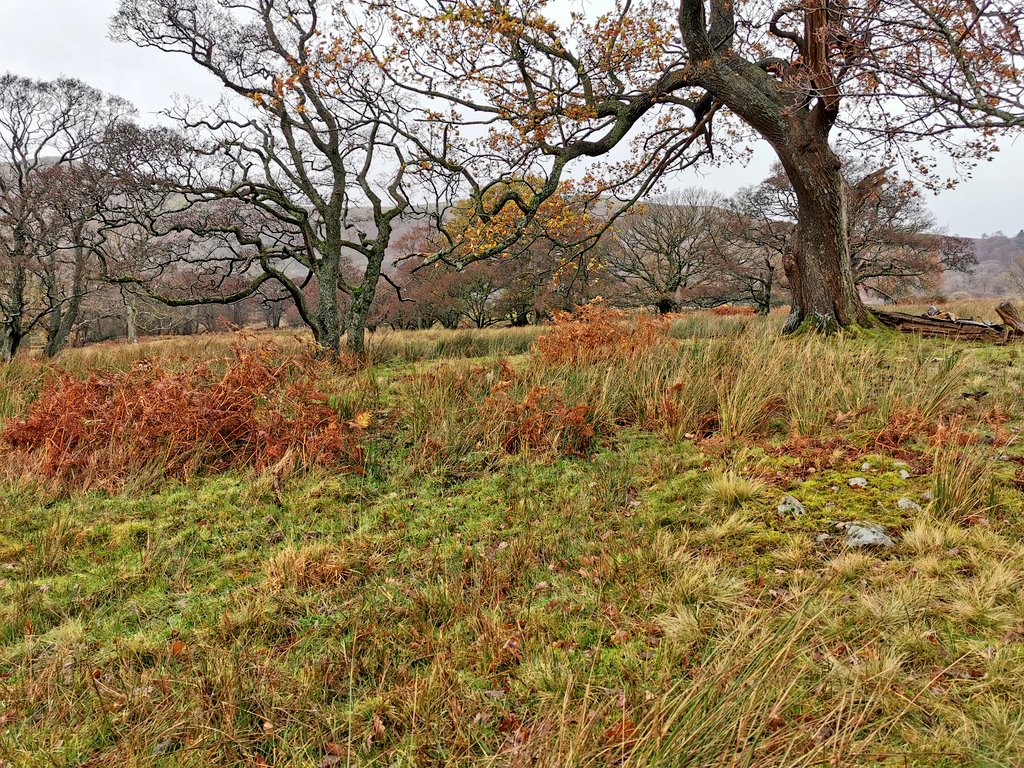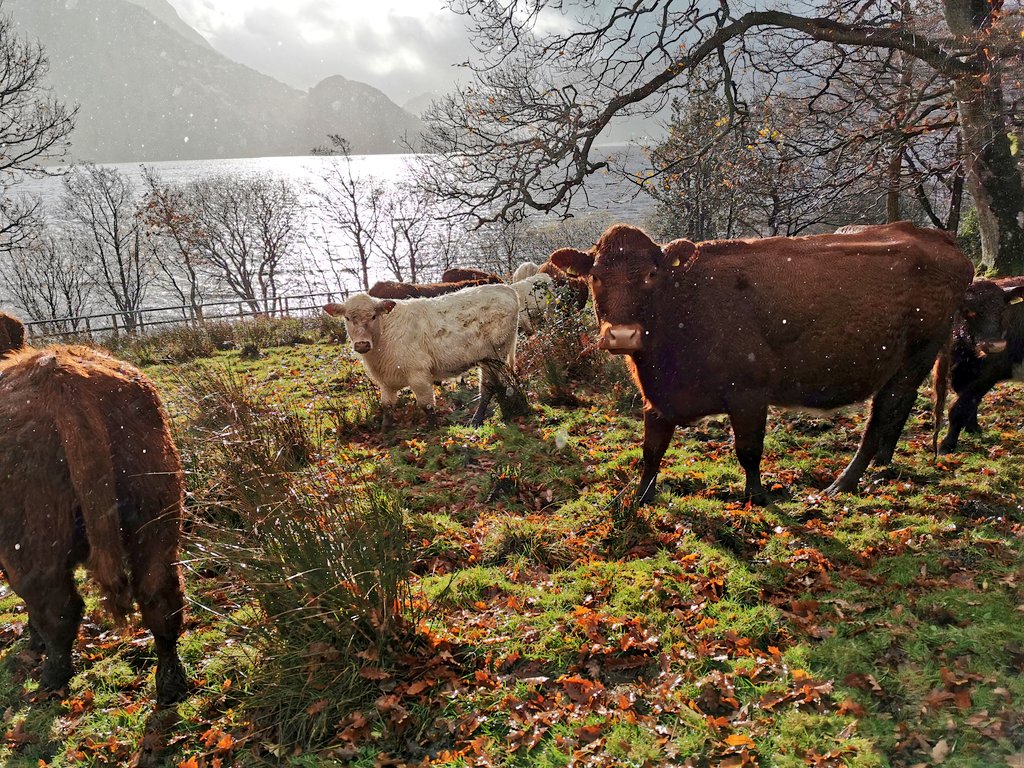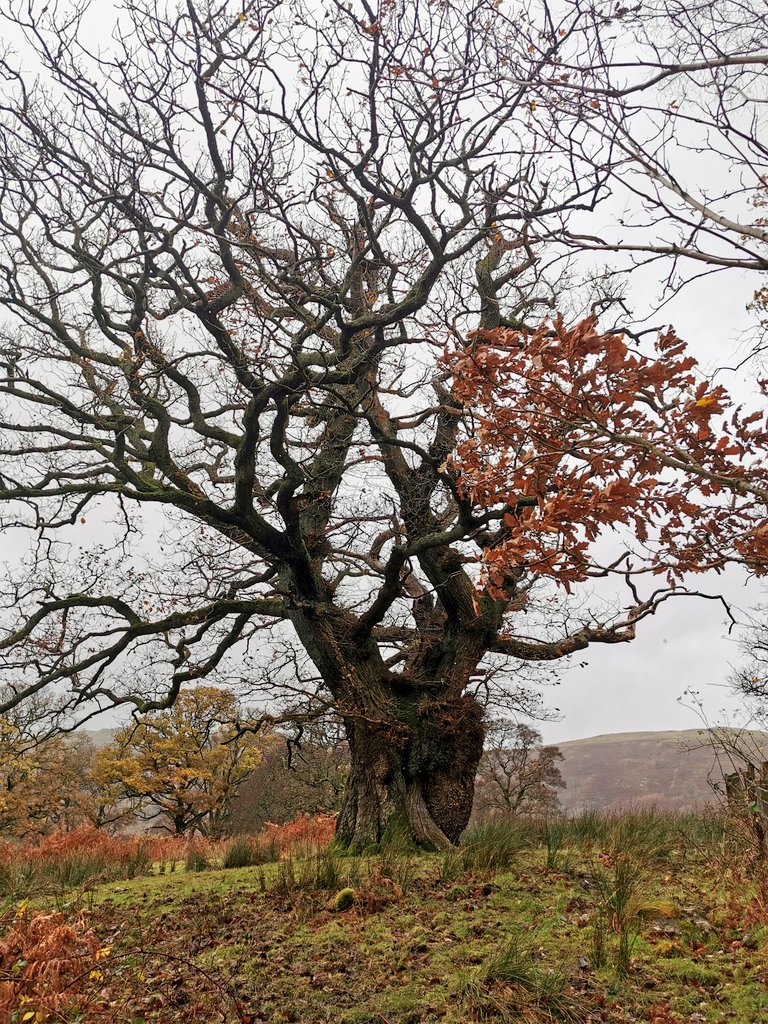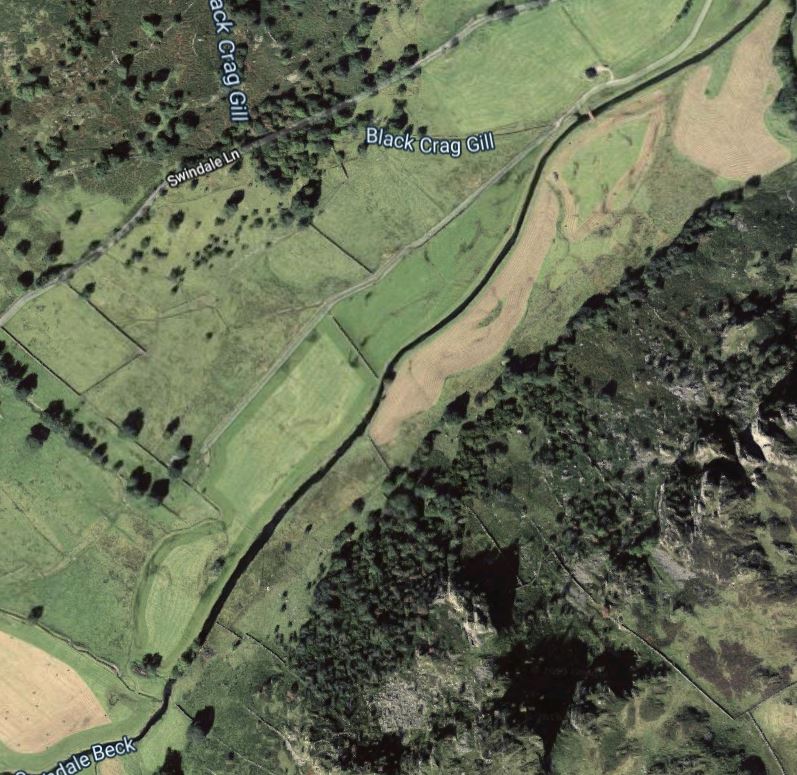
This is the sort of article that sparks righteous indignation at both a lack of compliance and at the failure of government to enforce its own rules. However, this is a more complicated picture than first meets the eye... (THREAD)
theguardian.com/environment/20…
theguardian.com/environment/20…
Since WW2, farmers have been encouraged and incentivised to intensify food production. At the same time, consumers have paid less and less and for their food.
Dairy farmers have been at the sharp end of this. They have been hugely successful at increasing their milk yields, with most switching to more intensive forms of grassland management with the aid of fertiliser, increasing herd sizes and keeping cattle inside for longer periods.
Reliance on synthetic inputs has allowed these farms to exceed the carrying capacity of the land, which has had consequences. The extra muck from the enlarged herds kept inside needs to be spread back onto the fields.
If this isn't done carefully, a proportion of the muck escapes into surrounding land and watercourses, with negative impacts to wildlife. In the worst cases, slurry spillages can be totally devasting, like this one was newsandstar.co.uk/news/16698457.…
The farming rules for water, referred to in the Guardian article were in part brought in to try address this run off problem. gov.uk/government/new…
The rules are pretty clear cut in many ways, particularly with respect to when spreading of fertiliser or manure isn't allowed. 
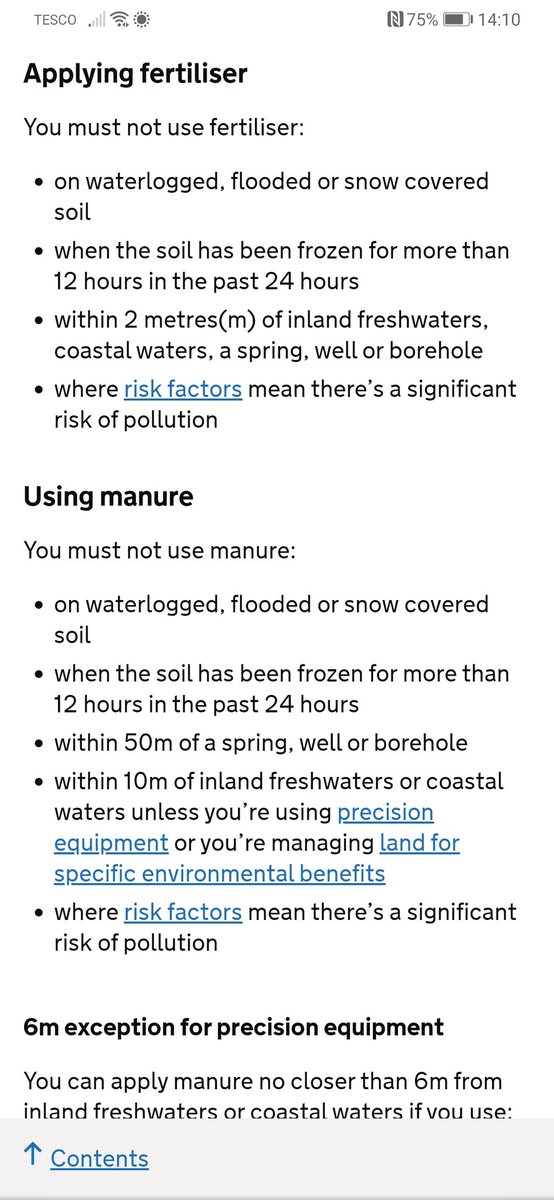
In many parts of the world, such as in Cumbria where I live, the ground can be waterlogged or frozen for long periods, as it has been for the last couple of weeks. Since the rules were brought in, I must have seen them be breached many, many times.
If the ground is waterlogged, or frozen, and a farmer's slurry storage is full, they basically have no choice but to spread it, even if this means that the rules are broken. The muck has to go somewhere.
A more sustainable solution would be to reduce herd sizes so that farmers have flexibility to store what muck they produce for longer periods, until wet or cold conditions have passed. However, with the narrow margins that currently exist, that could well mean farms going bust.
Simply slapping new regulations in place fails to recognise the bigger picture. Many farms have spent decades increasing their intensity & output. Changing back again could reasonably be expected to take as long & needs big shifts in how we value both our food & the environment.
This is in no way to say that agricultural runoff isn't a massive problem that desperately needs sorting, but I'm afraid that it's going to need more than just regulation.
• • •
Missing some Tweet in this thread? You can try to
force a refresh

